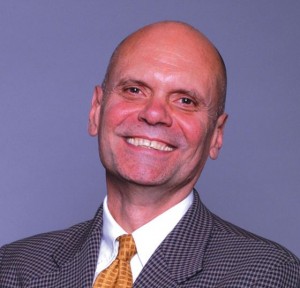 Sid Mohn is president of Heartland Alliance, the premier anti-poverty organization in Chicago and the Midwest. He recently wrote a Huffington Post article, “8 Facts About Poverty that will Blow Your Mind,” based on a TEDx speech on the same topic. Mohn’s facts follow in abbreviated form:
Sid Mohn is president of Heartland Alliance, the premier anti-poverty organization in Chicago and the Midwest. He recently wrote a Huffington Post article, “8 Facts About Poverty that will Blow Your Mind,” based on a TEDx speech on the same topic. Mohn’s facts follow in abbreviated form:
- Our kids are poor. At some point in their lives, half of all U.S. children will be on food stamps.
- Our adults are poor. Half of American adults will experience poverty by the time they turn 65.
- Our elderly are poor. One of every six elderly Americans live in poverty.
- Too many of our workers are poor. One quarter of the workforce earns poverty level wages.
- Our building blocks out of poverty are weak. The very supports that are needed — things like affordable housing and health care as well as access to good jobs — are inaccessible to those who need them most.
- Poverty is expensive. Child poverty costs the U.S. economy a minimum of $500 billion per year — the equivalent of nearly four percent GDP — when considering lost earnings potential, crime and health care costs.
- Poverty CAN be reduced by 50 percent. Through our research, I know we can reduce the number of those living in extreme poverty by half. (Extreme poverty refers to those who live below 50 percent of the federal poverty threshold . . . )
- Change starts with you. In today’s discourse, there’s too much “us” vs. “them.” We need to change that focus to “we” — all united, working together to ensure everyone has the opportunity to live a better life
So What?
Poverty is a global concern; it is also a national and local concern. Those who follow the way of Jesus seek to love God and love neighbors.
- What do you know about poverty in your community? How do you continue to learn about the scope (facts and figures) and the stories (real people)?
- How are you involved in helping those in poverty? What does your congregation do (alone and in partnership with other organizations) to impact local poverty concerns in the short term and to provide opportunities that will reduce poverty in the longer term?